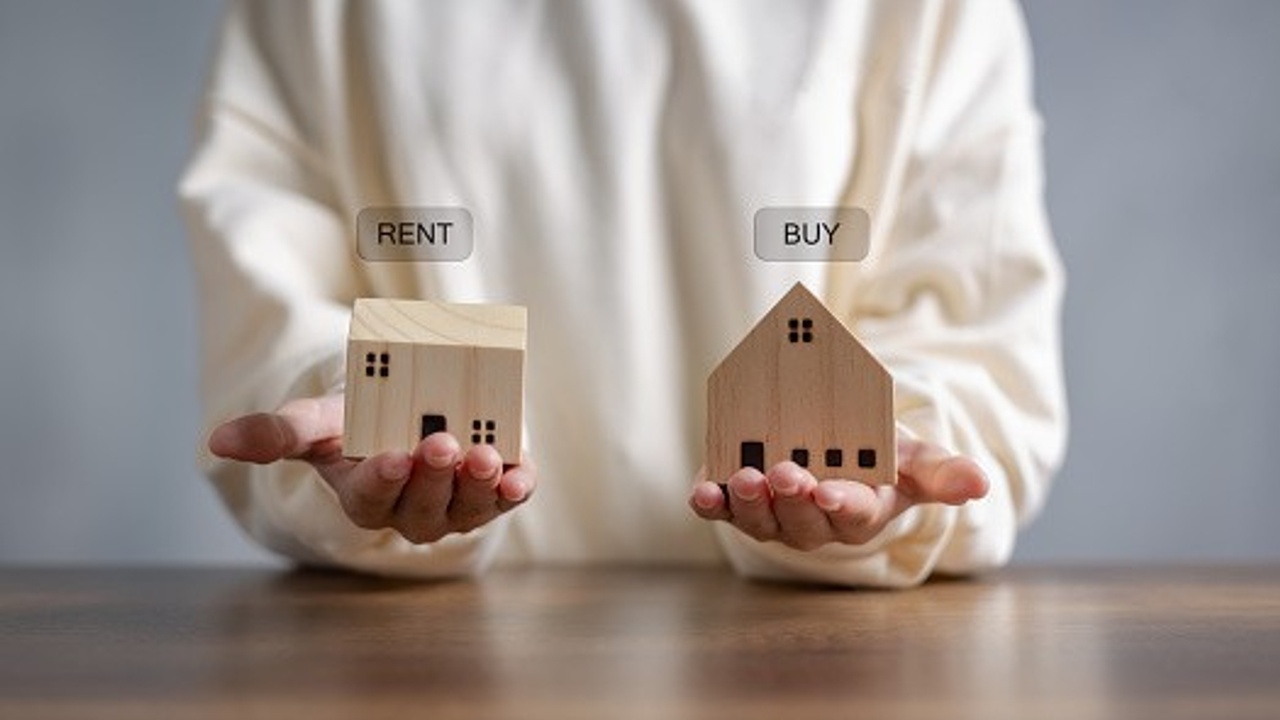
Is it better to buy or rent a house?
At some point in life, you will have to decide whether it would be wiser to continue renting versus buying a home.
Choosing to rent vs. to buy a house is a major decision that impacts your financial health, lifestyle, and personal goals.
While purchasing a home will need some serious savings and commitment, renting can be an ideal option if you want extra flexibility and less responsibility.
This article will look at situations when renting is better than buying a house.
Many People Believe That Debt for A Primary House Is Bad Debt Because It Doesn’t Produce Income
Of course, there are many benefits of owning a house, including more space and freedom to do what you want without facing any criticism from your landlord or neighbors.
But taking a mortgage for a home can be a bad idea as the house doesn’t give you any income. While it’s true that you are not building equity with monthly rent payments, only a few costs of homeownership go toward building equity.
There’s no doubt about it: homeownership is expensive. Costs associated with buying a home can overwhelm you. Closing costs, including the loan origination and appraisal fees, typically cost 2-5 percent of the purchase price.
Don’t underestimate maintenance costs, either. A roof restoration can set you back a couple of thousands of dollars. While you may have a home insurance policy, they typically don’t cover general wear and tear. You will also spend money to hire a plumber, a landscaper, an HVAC expert and maybe an exterminator.
If You Live in An Expensive Market, It Might Make More Sense to Rent
In some locations, depending on the size of your down payment and the length of time you stay in the home, renting can be cheaper than buying.
If you live in an expensive housing market, renting can be an easy way to get the space you want without having to spend years saving for a down payment. Even in modestly priced cities, it will take median income earners over a decade to save for a 20 percent down payment.
You’re not necessarily throwing away your money when you rent.
Renting gives you a place to stay without any of the responsibilities of homeownership. When you rent, you only pay the rent – no HOA fees, no property taxes, no checks to the landscaper for snow plowing, lawn mowing, and the fall and spring cleanups.
When you’re a tenant, you know precisely how much your housing costs every month. You only pay for utilities, and if something breaks, you just buzz the maintenance guys.
And Then Purchase an Investment Property in A Less Expensive Market
Renters don’t tie up their money.
As a renter, you could accumulate more wealth than homeowners if you invest the equivalent of a deposit plus the difference between a monthly mortgage payment and rent in purchasing a property in a less expensive market.
If the real estate in your area is in the middle of a down market, you can take advantage of it to buy a property in an area that actually provides MORE cash flow and is still appreciating.
When shopping for property, it’s important to get a sense of the market by looking at recently sold comparable properties.
It Will Allow You to Build Wealth Faster
Real estate is one of the most effective ways to accumulate wealth.
Billionaire Andrew Carnegie once said that over 90 percent of millionaires accumulated wealth by investing in real estate.
While there’s no to get rich quick in this asset class, you can grow your wealth gradually and consistently by taking the time to educate yourself about the process and investing correctly.
Rental properties can generate income year-round. Other benefits of owning real estate include appreciation, leverage, and tax benefits.
Conclusion
In a buyer’s market with low mortgage interest rates, purchasing a house sounds especially appealing. However, when it comes to home buying, just because you can does not mean you should.
Renting a house buys you the freedom to decide what you want in the future. If that means purchasing a property to build wealth or just being able to move across the country, you’re able to do that without a 30-year mortgage in sight.